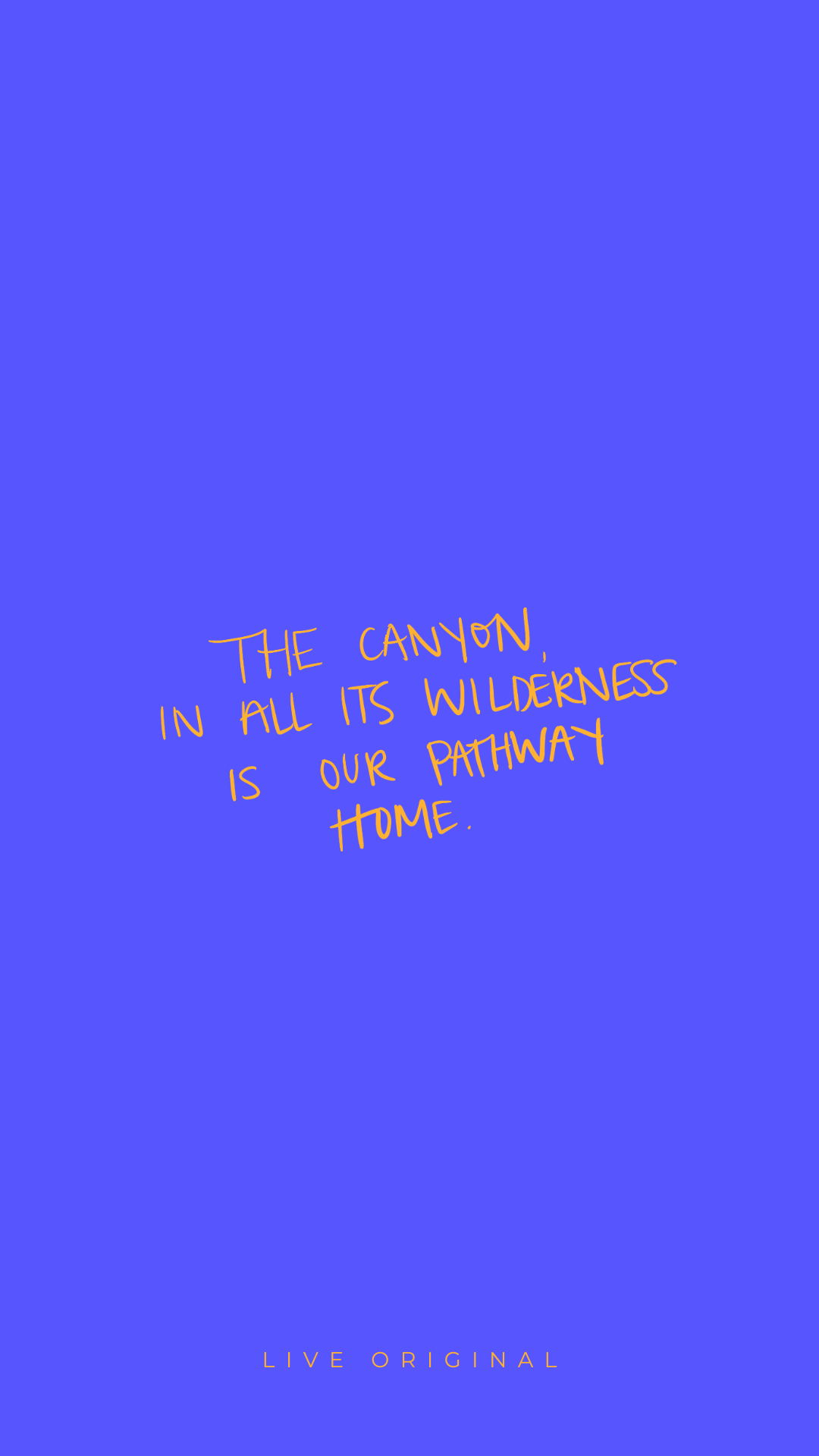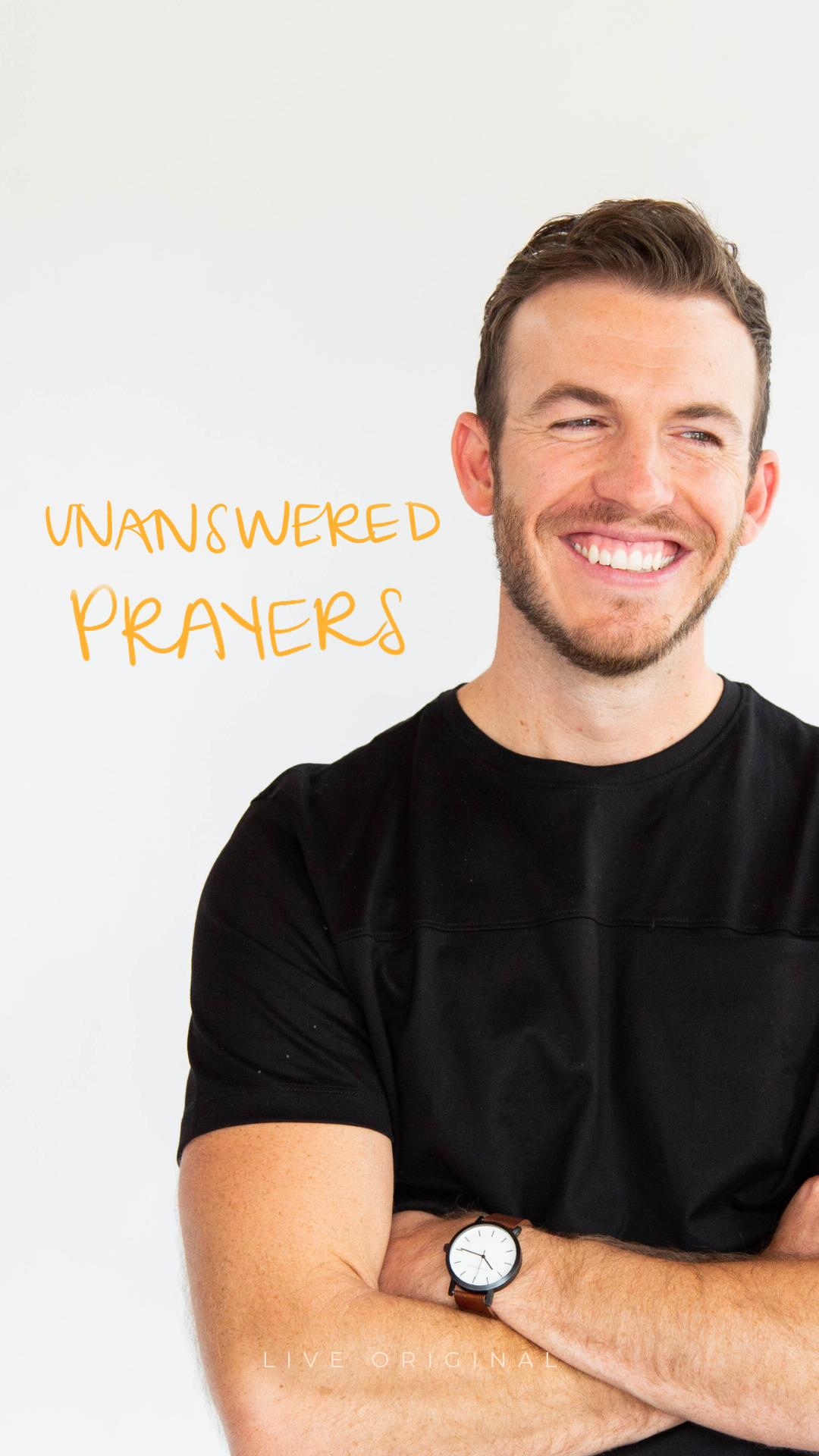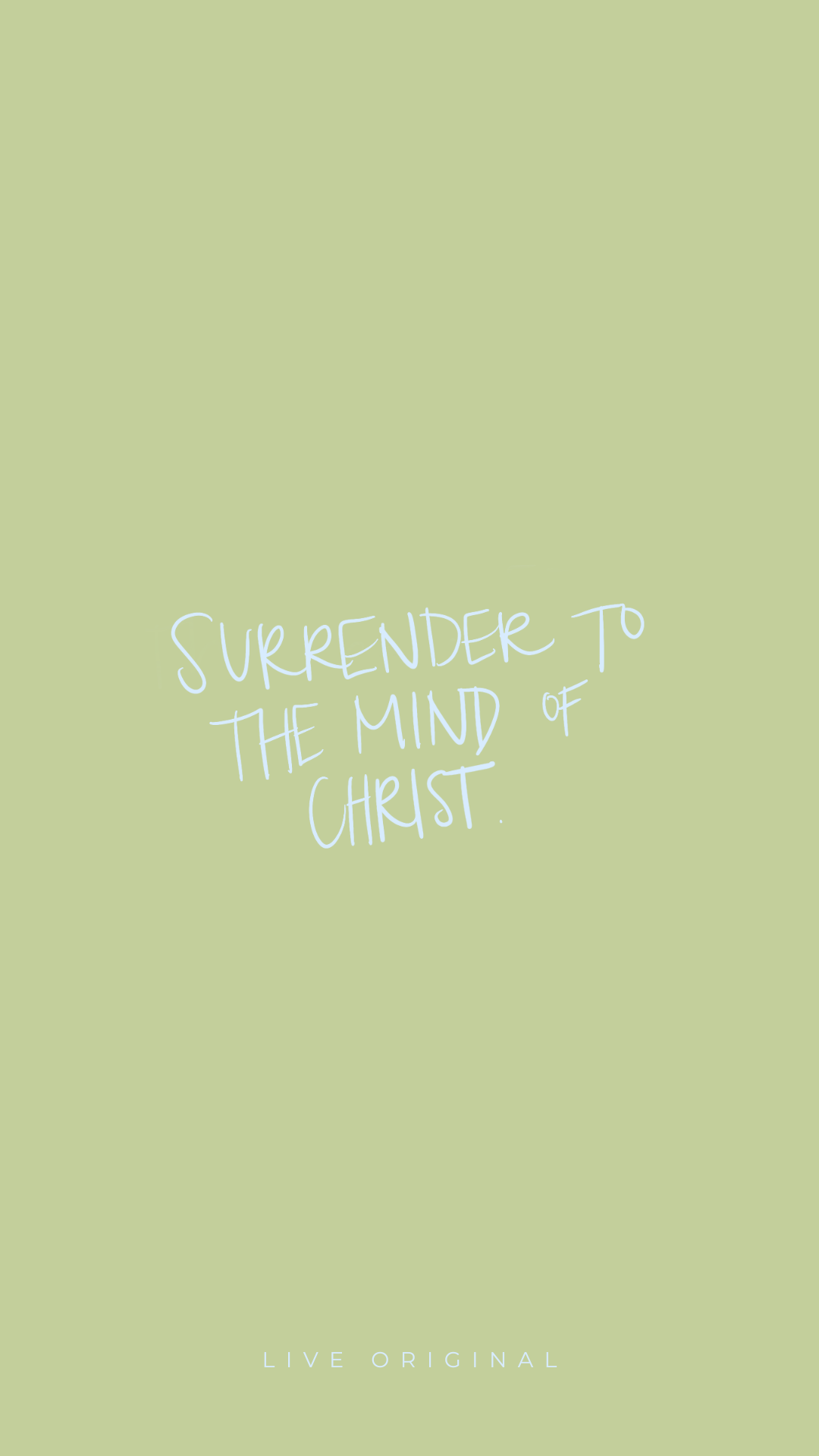
Unanswered Prayer
Unanswered prayers.
At least, that’s the term we use when a prayer seems to have no resonance, no evidence of heaven touching earth. In other words, God didn’t do what we wanted him to do, when we wanted him to do it.
You prayed for your parents to stay together and now they’re divorced.
You prayed for God to open the door for a career opportunity and now you’re even more confused about what to do than before.
You prayed for things to work out with your relationship and now your ex has moved on.
You prayed for healing and now things look worse than ever.
I was recently on a phone with a friend who’s become disillusioned with God, prayer, church, and what it all means. He’s a smart guy and has a way of cutting through empty sentiments with his wit and honesty.
At one point, while we were specifically talking about prayer, he said flatly, “Addison, I just don’t like waking up early to have a conversation with someone who doesn’t talk back. I mean, God’s the only one who gets away with not showing up for a moment that he expects you to show up for daily.”
My friend felt like God had let him down at key moments of his life, moments when he needed answers, moments when he felt lost and alone, moments when life had hit him hard. He did his part, but God didn’t “show up” . . . and that just seemed like a bad deal to him. His transactional view of prayer didn’t pay out, and he was left wondering,
“What’s the point of praying if God doesn’t show up or talk back?”
If you’re still reading this blog, chances are you’re serious about this whole prayer thing, so I want to give you a few things to help you on your journey.
I had a season of about five years when I felt abandoned by God. Insomnia stole my nights. Anxiety crippled my peace. And I was barely getting through the days. I felt stuck in a canyon. Doubt and discouragement were my companions and when it came to prayer the only words that I could hear were the echoes of my cries.
As you can imagine, I started to question the effectiveness of my prayers. I had to wonder if I was having words with God or just words with myself.
Through this time, though, God showed me that He’s not afraid of my doubt. I was reminded that even Abraham, the one who Scripture refers to as the father of faith, doubted God. His doubt led to some questionable behavior, such as giving his wife to other men and having sex with a servant to birth an heir. Yet in his letter to Rome (and us), Paul writes that somehow Abraham never gave into unbelief. That led me to search out the difference between unbelief and doubt, because surely Abraham doubted.
To put it simply, unbelief is the rejection of God himself, whereas doubt is the rejection of our idea of God. Unbelief is to deny God’s faithfulness. Doubt is to question when or how God will be faithful. Unbelief leads to apathy. Doubt often results in misdirected action.
I realized that it wasn’t that I doubted God’s ability to do whatever he wants to do, I just doubted myself, my worthiness, perception, and skill.
The truth is, God’s done a lot over the years with honest doubters. Doubt, when acknowledged, spoken, and surrendered to God, transforms into faith. To put it squarely in the form of a question: Can we even know that God is faithful until life’s given us a reason to doubt his faithfulness?
When we’re disappointed with the outcome of our prayers, we arrive at a crossroads between doubt and faith. And it’s here where many run from God. In recent years, we’ve seen a lot of people leave the Church and look for a more authentic way to live and make sense of pain. Life is hard, and the formulaic, transactional view of God and prayer didn’t cut it for them . . . or for us if we’re honest.
That is why we mustn’t keep God at arm’s length by hiding our doubts from Him. God’s not afraid of our dissonance, questions, and pain—He’s the One who knows us inside and out. When it comes to prayer, or anything for that matter, bring your doubts to God. Trust me, He can handle them. And real prayer has a way of reframing our doubts without denying the pain that they carry.
I was just reading Psalm 142 this morning, and in this psalm, David cries, “I pour out my complaint before him; I tell my trouble before him” (v. 2 ESV). You see, Scripture gives us permission to have messy words with God. David was unafraid to embrace the tension between doubt and faith because he later writes, “When my spirit faints within me, you know my way!” (v. 3 ESV)
The challenge for most of us is we haven’t opened the conversation. We can’t see the interconnectedness of prayer in every moment of our lives. Paul’s words “pray without ceasing” sound like an impossible chore (and bore). We still view prayer as just a lifeline and not a lifestyle.
But what if we’ve gotten it all wrong. When understood for what it is, “pray without ceasing” is actually an invitation to constant rest, a rest that comes from the awareness that the Spirit is at hand. That God is indeed more invested in us getting Life right than we are. I think of what David writes in Psalm 37,
The Lord directs the steps of the godly.
He delights in every detail of their lives.
Though they stumble, they will never fall,
for the Lord holds them by the hand. (vv. 23–24 NLT)
Maybe it feels like you are stumbling through a Canyon, and the only sound you can hear are the cries and doubts of your heart, reverberating back to you in the thin silence. Maybe you’ve already given up on prayer.
If you’ve made it this far, your heart is not faint. So I will share a dangerous and terrifying truth with you…
The canyon, in all its wildness, is our pathway home. Like a child sent into the wilderness for a rite of passage, so our journey takes us into and through the doubt and silence.
It’s in the canyon that we wrestle with God and discover who we are and what we’re capable of. It’s in the canyon where empty words are exchanged for real connection. It’s in the canyon that we face off with our ideas of prayer, God, and many other things, so we can surrender to the mind of Christ. It’s in the canyon that we figure out that a “prayer life” is much more than a spiritual exercise; it’s the higher consciousness that reorders and integrates life, reclaiming every bit of living (and us) as holy and necessary to God’s purposes and design.
The canyon’s silence helps us join our voice—our holy amen—with the Voice again.
For even in the canyon’s echo, the Voice speaks.
Parts of this post were adapted from Words with God: Trading Boring, Empty Prayer for Real Connection by Addison D. Bevere, released April 18, 2023.
Addison Bevere loves disassembling the boxes that fragment and frustrate our lives—a process he calls integrative faith. He is the author of a few titles, including Words with God. A speaker, songwriter, and poet, Addison serves as the COO of Messenger International, a discipleship organization that impacts millions of people in nearly every country. He and his wife, Juli, have four children and live in Nashville, Tennessee.

















